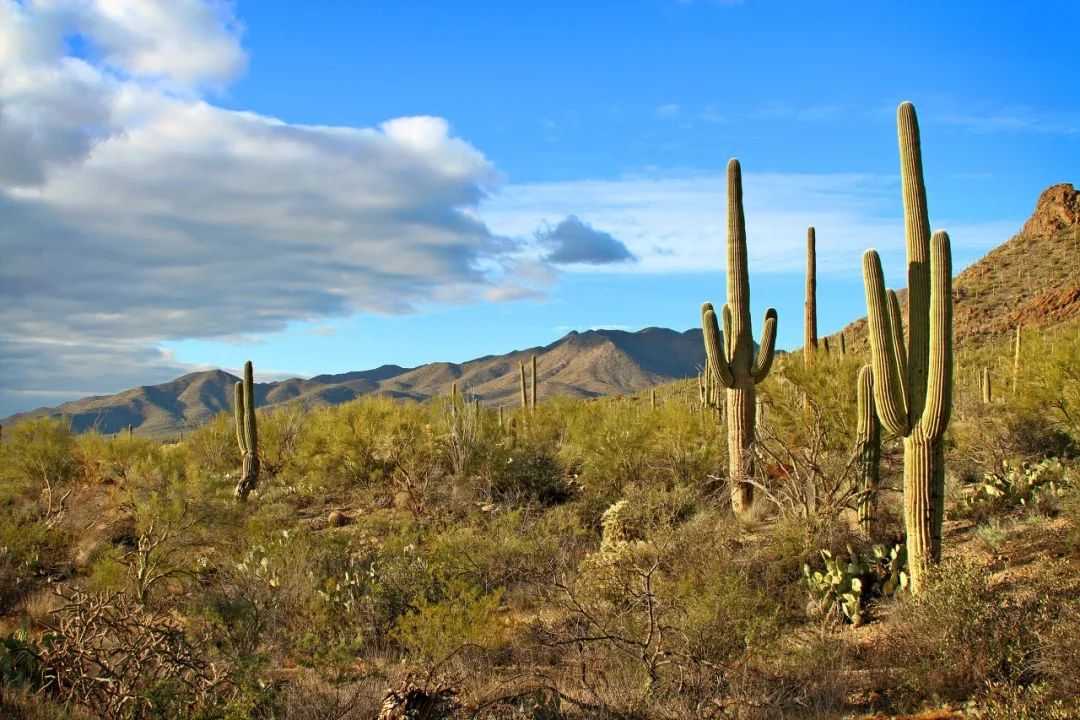
In the state of Arizona, USA, there is a rather unique and strict law regarding the protection of cacti. Unlawfully cutting cacti can lead to significant legal consequences.
Arizona has a rich and unique desert ecosystem, with cacti playing a crucial role in maintaining its ecological balance. As a result, the state has implemented laws to safeguard these plants. Specifically, cutting cacti without proper authorization is considered an illegal act. On federal lands like Saguaro National Park, cutting any plant, especially the majestic saguaros, is strictly prohibited. The National Park Service is vigilant in enforcing these regulations to preserve the natural beauty and integrity of the ecosystem.
Even on state, tribal, or private lands, the removal or destruction of saguaros without explicit permission from the landowner and the necessary permits is also forbidden. Those who are found cutting cacti without permission in protected areas or without following the proper procedures can face severe legal penalties. The maximum penalty for unlawfully cutting cacti in Arizona can be up to 25 years in prison. This severe punishment reflects the state's determination to protect its native flora and maintain the ecological stability of the desert environment. So, visitors and residents alike need to be well - aware of this law to avoid getting into serious legal trouble.




